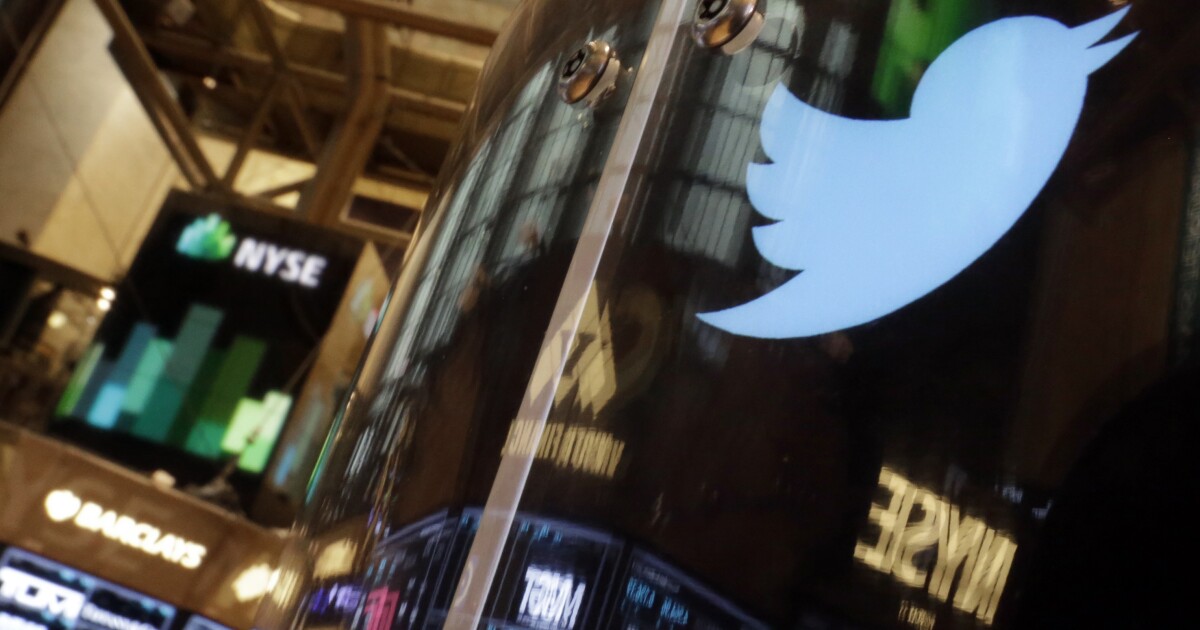

A man promoting Twitter’s new “crisis misinformation” policy has a history of promoting misinformation himself.
Twitter Head of Safety and Integrity Yoel Roth unveiled a new crisis misinformation policy for the Big Tech company on Thursday that will regulate what content is allowed during international crises, shootings, and natural disasters. However, Roth’s history of handling misinformation, particularly his efforts to quash a New York Post article about Hunter Biden’s laptop, may conflict with his goals.
TWITTER ANNOUNCES ‘CRISIS MISINFORMATION’ EXPANSION OF MODERATION POLICY
Roth operated as the social network’s head of site integrity in 2020, when Twitter decided to restrict the sharing of a New York Post article about the laptop belonging to the president’s son. Twitter enforced the restriction based on “rumors” from the intelligence community alleging that Biden would be the target of a hack, Roth said during a September 2021 hearing before the Federal Election Commission. While many outlets initially alleged the story was false, reporting in March of this year eventually confirmed the claim.
Roth received additional attention in May 2020 after several people discovered his tweets attacking various Republicans and members of the Trump administration, referring to then-Senate Majority Leader Mitch McConnell as a “bag of farts” and Trump officials as “actual Nazis.” The tweets were condemned by then-President Donald Trump, Trump press secretary Kayleigh McEnany, and other advisers. Roth was also targeted with death threats over his statements.
CLICK HERE TO READ MORE FROM THE WASHINGTON EXAMINER
The new policy will regulate what sorts of information will be shared during chaotic events such as armed conflicts, natural disasters, and other crises. The company said it would rely on public information from “credible” sources to determine the validity of a claim. These sources will include humanitarian groups, news outlets, conflict monitoring services, and open-source intelligence investigators.
If Twitter determines a post is based on misinformation, it will stop amplifying or recommending it and add warning notices before users click through to it, Roth said.





